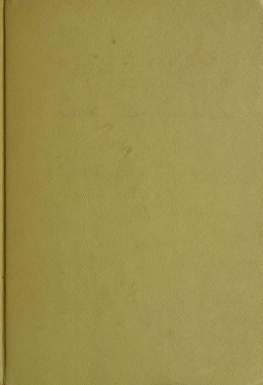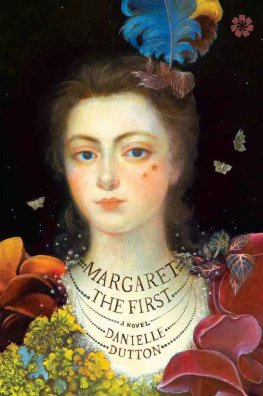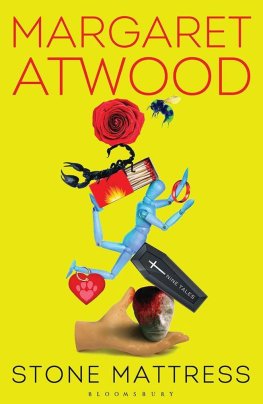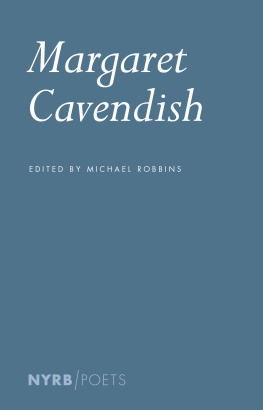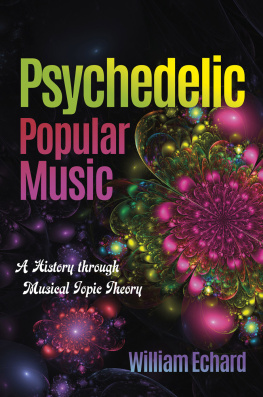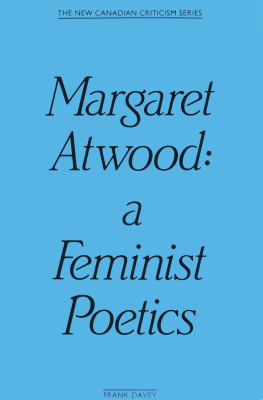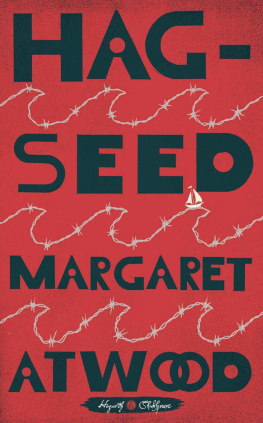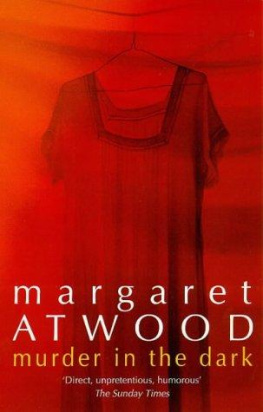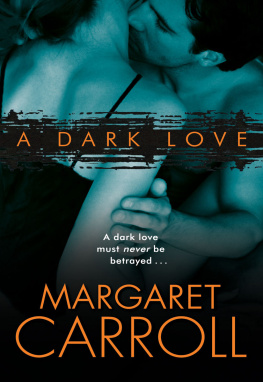Margaret Echard - The Dark Fantastic
Here you can read online Margaret Echard - The Dark Fantastic full text of the book (entire story) in english for free. Download pdf and epub, get meaning, cover and reviews about this ebook. year: 1947, publisher: Doubleday, genre: Non-fiction. Description of the work, (preface) as well as reviews are available. Best literature library LitArk.com created for fans of good reading and offers a wide selection of genres:
Romance novel
Science fiction
Adventure
Detective
Science
History
Home and family
Prose
Art
Politics
Computer
Non-fiction
Religion
Business
Children
Humor
Choose a favorite category and find really read worthwhile books. Enjoy immersion in the world of imagination, feel the emotions of the characters or learn something new for yourself, make an fascinating discovery.
- Book:The Dark Fantastic
- Author:
- Publisher:Doubleday
- Genre:
- Year:1947
- Rating:3 / 5
- Favourites:Add to favourites
- Your mark:
- 60
- 1
- 2
- 3
- 4
- 5
The Dark Fantastic: summary, description and annotation
We offer to read an annotation, description, summary or preface (depends on what the author of the book "The Dark Fantastic" wrote himself). If you haven't found the necessary information about the book — write in the comments, we will try to find it.
The Dark Fantastic — read online for free the complete book (whole text) full work
Below is the text of the book, divided by pages. System saving the place of the last page read, allows you to conveniently read the book "The Dark Fantastic" online for free, without having to search again every time where you left off. Put a bookmark, and you can go to the page where you finished reading at any time.
Font size:
Interval:
Bookmark:


TO YOU, DAD
AUTHOR'S NOTE
In my great-grandmother's house in Indiana, shortly after the close of the Civil War, a series of extraordinary events transpired which were never satisfactorily explained. The house was renowned for its hospitality and witnesses were not lacking to testify to the strange disturbances which in timehave tobecame a legend.
Those disturbances are recorded in this novel as the subjective experience of one of the characters, and to that extent the work is founded on fact; but the story is fictitious and the people in no sense represent real persons living or dead.
THE DARK FANTASTIC
... the name of truth,
Are ye fantastical, or that indeed
Which outwardly ye show?"
CHAPTER 1
Candles were still used to light one to bed; kerosene lamps still exploded. Stagecoaches made six miles an hour, and one traveled by rail at the risk of one's neck. Gentlemen wore greatcoats instead of overcoats, and male quartets sang "The Drummer Boy of Shiloh." Hoops were going out, bustles were not yet in, but ladies achieved quite as telling effect with tight lacing and lasers of petticoats. The war referred to in conversation was not World War II,
Conversation, however, held a not unfamiliar ring. Returned veterans complained that civilians had all the jobs. The older generation complained that the younger generation was going to the devil. The younger generation retorted that they had inherited a world which their elders had treated like H. Dumpty's egg and now expected them to put together again. Barring a few of Mr. Edison's inventions and the fact that the Republican party was in power, times were not so very different then from now.
There was the usual post war wave of spiritualism; the usual postwar depression. Eggs were selling at ten cents a dozen; butter at eight and a third cents a pound. Quack medicine, paper money, and Grant campaign buttons flooded the country. And Edwin Booth was making his first midland tour since the tragedy of Ford's Theatre in Washington.
It was the decade following the Civil War.
On a certain evening in November, Miss Judith Amory stood before her mirror in an Indiana boardinghouse and dressed to go to the theater. Her chin was tilted at a belligerent angle and for good reason. She was going alone. Without male escort, without even a female companion, she was going to an evening performance of Macbeth. It would have been a daring thing to do even in her home city of Chicago. In provincial Terre Haute it was unheard of. Sheltered young ladies who had no one to take them to the theater remained at home and embroidered chaste mottoes on sofa pillows or played sentimental ballads on the piano. But Miss Judith Amory was not a sheltered young lady. She was an extremely competent young woman who had been taking care of herself for more years than she cared to admit and was perfectly capable of going anywhere alone. Besides, she had never seen Cushman and Booth together.
Any one of the widows or spinsters in Mrs. Prewitt's Genteel Boarding Establishment for Ladies would have been pleased to accompany Miss Amory as her guest. But none of therp would have considered the excursion worth the price of a theater ticket. By the same token, neither did Judith consider their company worth the price. Autumn was well advanced and she had not yet secured a position for the winter. It was really the height of extravagance for an unemployed teacher of English literature to squander two dollars on a balcony seat.
But that only lent zest to the indulgence.
She dressed with care, prolonging the pleasures of anticipation. First the cotton chemise, then the corsets laced to exactly nineteen inches, then the short muslin petticoat, then the long plain petticoat, then the full ruffled petticoat, then the ruffled petticoat with tucks and embroidery, then the petticoat with lace-edged ruffles, and finally the sheer cambric petticoat flounced to the waist with ruffles on each flounce. Last of all the full gathered skirt of blue poplin with the tight buttoned bodice and the black velvet ribbon at the waist. There was also a black velvet ribbon around her bare white throat. Velvet neck ribbons were the fashion, and Judith was fortunate. On her long slender neck they were becoming.
She looked very well when dressed. She had a slim graceful figure and a thin eager face to which excitement lent a glow which gave an illusion of beauty. Yet she was not beautiful. Her eyes were too close together, her nose too long, her mouth too wide. But sparkling animation, a provocative manner, and a low pleasing voice made her attractive, particularly to the opposite sex. Given wealth and family background, she might have made a very good marriage. But without a tie in the world, without a dollar she had not earned, she had small chance of even meeting an eligible man, much less marrying one. She faced this fact and accepted it. Since she could not bring herself to marry any of the men whom it was possible to meet and could not manage to meet any of the men she would choose to marry, this charming young woman was, at the age of twenty-five, still Miss Judith Amory.
Mrs. Prewitt's ladies were in the back parlor when Judith came downstairs. The opening strains of "I Dreamt That I Dwelt in Marble Halls" warned that someone was at the piano and about to burst into song. At sight of Judith in jacket and toque and carrying her small velvet muff, the music stopped and the ladies turned with flattering interest to the stairs.
"Miss Judith! You are going out?"
"I'm going to the theater."
"The theater!" This from the widow of a Methodist bishop.
"I'm going to see Macbeth."
"Oh." A sigh of doubtful relief granted partial absolution. After all, Shakespeare was sometimes mistaken for the Bible.
Mrs. Prewitt, a motherly Mrs. Grundy, smiled on Judith and brought another lamp.
"I'll put a light for you in the front parlor, my dear. You won't want me bringing your gentleman friend back here."
Judith braced herself. "I'm not expecting a gentleman, Mrs. Prewitt. I'm going alone." And then, with the sound of a concerted gasp behind her and the vision of Mrs. Prewitt's plump face settling like a shocked cheese, she went swiftly out the street door before the word "Alone!" could explode behind her.
"Well!" said the bishop's widow. "That's what comes of being born and brought up in Chicago."
According to Terre Haute standards, Chicago was what had risen from the ashes when Sodom and Gomorrah were destroyed.
Judith, meantime, had caught the horse trolley on the next street and was rolling away to town without being in any way molested.
"It's ridiculous," she fumed inwardly, "for women to be unable to go where they please by themselves. Someday they will. Someday women will do everything men do and nothing will be thought of it. But it will probably take another war to do it. Women are greater slaves than the Negroes ever were."
But she could not let her irritation annoy her now. She possessed one of those fortunate dispositions (fortunate to the owner, at least) which enables one to concentrate on his immediate purpose to the exclusion of all else. Her immediate purpose was to enjoy her evening's excursion. No annoyance was sufficient to distract her interest.
The horsecar dropped her two blocks from the theater. She hurried briskly through the November darkness. City streets at night did not alarm her. Descending from Chicago cabs and trolleys with her father was among her earliest recollections. She thrilled to lighted street lamps and busy pavements. But advance notices had warned that the performance started punctually at eight o'clock. She did not want to miss the thrill of that first curtain.
Font size:
Interval:
Bookmark:
Similar books «The Dark Fantastic»
Look at similar books to The Dark Fantastic. We have selected literature similar in name and meaning in the hope of providing readers with more options to find new, interesting, not yet read works.
Discussion, reviews of the book The Dark Fantastic and just readers' own opinions. Leave your comments, write what you think about the work, its meaning or the main characters. Specify what exactly you liked and what you didn't like, and why you think so.

